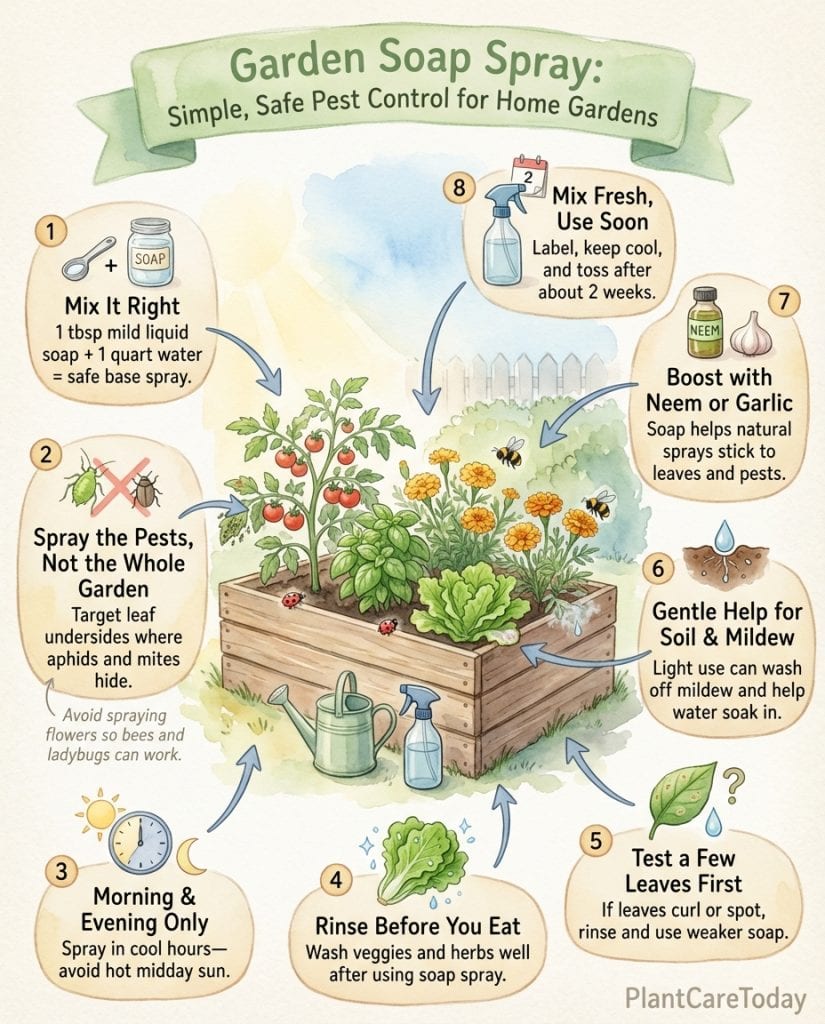
I was shocked to discover that the most powerful weapon in my garden arsenal costs less than a fancy coffee.
We’re talking about soap water: a simple mixture that’s revolutionizing how smart gardeners protect their plants without breaking the bank or poisoning their soil.
Here’s a stunning fact: Professional gardeners report up to 95% pest elimination rates using nothing but properly mixed soap water.
Yet most home gardeners still throw money at expensive chemical pesticides that harm beneficial insects and leave toxic residues on their food.
The game-changer for your garden isn’t some fancy new product. It’s sitting next to your kitchen sink right now.

1. Creating the Perfect Pest-Destroying Solution
The secret most plant experts won’t tell you is that concentration is everything. Mix 1 tablespoon of pure liquid soap (castile or dish soap without degreasers) with 1 quart of water.
This magical ratio breaks down the protective outer layer of soft-bodied insects like a key unlocking a door, causing dehydration and death while staying gentle on your precious plants.
Think of soap as nature’s lockpick. It sneaks past insect defenses that would laugh at water alone. Your aphids won’t know what hit them.
2. The Aphid Annihilator Method
Aphids have soft, waxy exoskeletons that crumble under soap’s assault like sandcastles meeting a wave. These green menaces cluster on leaf undersides, thinking they’re safe from your watchful eyes.
Spray directly onto colonies, focusing on hidden undersides where aphids reproduce.
The fatty acids in soap penetrate their outer armor, causing cell collapse and suffocation. It’s like deflating a balloon: quick, effective, and deeply satisfying to watch.
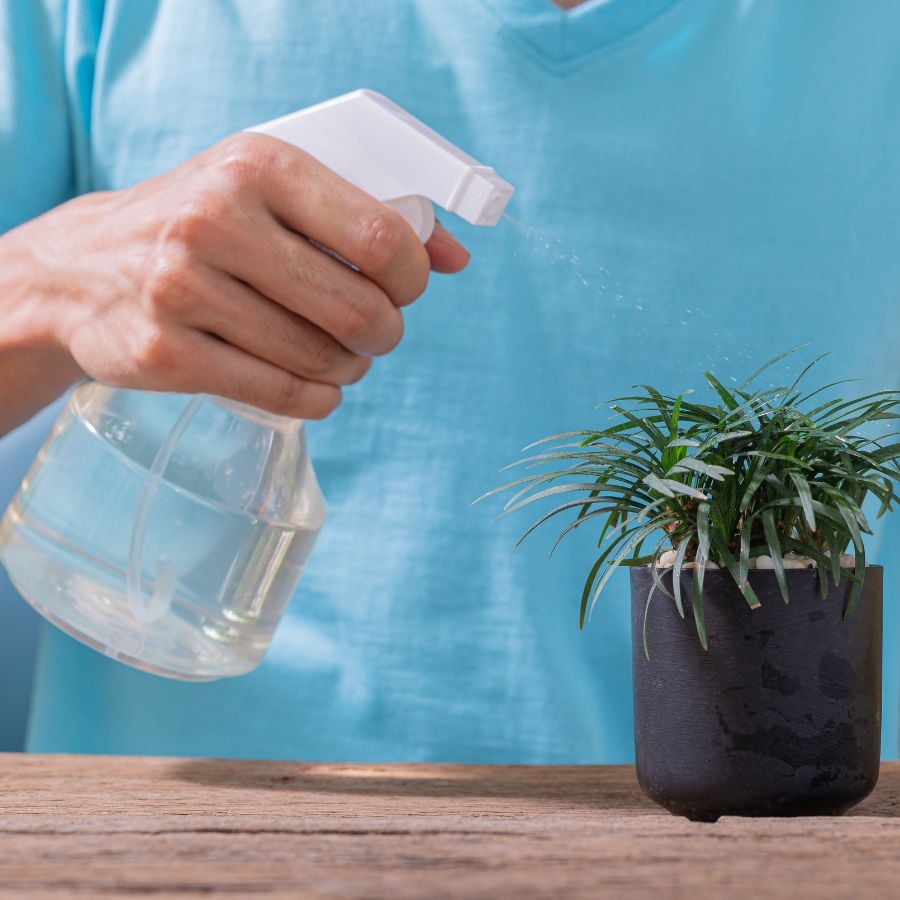
3. Spider Mite Warfare Tactics
Spider mites are the vampires of the plant world. They thrive in hot, dry conditions and multiply faster than gossip in a small town. Here’s where soap water becomes your spider mite slayer.
The solution disrupts their precious webbing and dissolves their protective cuticle while washing away egg-laying surfaces.
Regular spraying interrupts their breeding cycle like a fire alarm during a romantic dinner. No more mite explosions destroying your plants!
4. Secret Fungal Fighter
Forget what you’ve heard about soap water only working on insects. While it’s not technically a fungicide, soap water physically dislodges fungal spores from plant surfaces like a gentle but determined bouncer.
The surfactant action washes away early-stage mildew or mold, making it nearly impossible for spores to establish their nasty colonies.
Combined with proper airflow and sunlight, you’ve got a fungal prevention system that costs pennies.
5. Safe Food Garden Applications
Your vegetables and herbs can handle soap water like pros, but here’s the crucial part most people miss: always rinse thoroughly before eating.
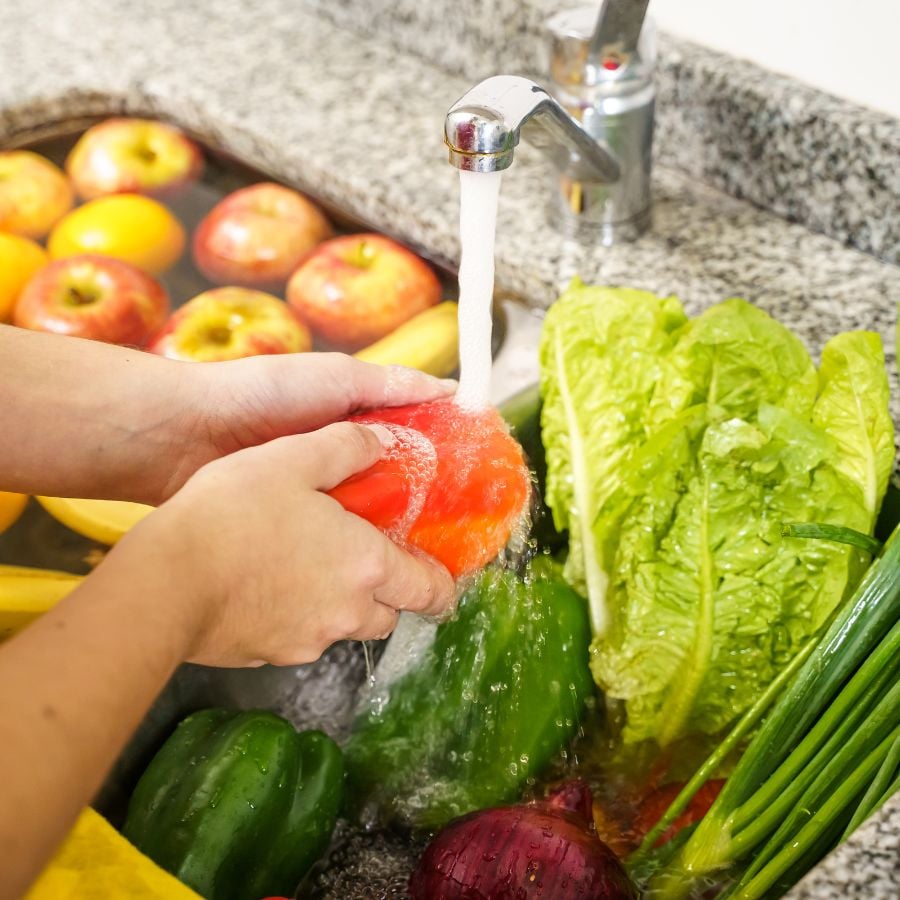
The soap loosens dirt and eliminates pests, but it can leave a residue that affects flavor or causes mild digestive issues if you skip the rinse step.
Trust me, soap-flavored tomatoes aren’t the gourmet experience you’re after.
6. Soil Health Transformation
Here’s a breakthrough most gardeners never discover: soap water can actually break up compacted soil thanks to its surfactant superpowers.
It temporarily reduces surface tension, improving water penetration and oxygen flow like opening windows in a stuffy room.
But here’s the catch: excessive use can harm beneficial soil microbes. Use this trick sparingly, like seasoning a perfect dish.
7. Weed Management Magic
Soap water isn’t just for bugs. It’s your secret weed-weakening weapon. The soap breaks down the waxy protective layer on young weed leaves, making them more vulnerable to dehydration than a tourist in the desert without sunscreen.
While not a standalone herbicide, it softens weeds for easier removal and amplifies other natural treatments.
8. Protecting Your Garden Heroes
The difference between amateur and pro plant parents is knowing how to target the bad guys while protecting the good ones.
Spray only where pests are visible, and avoid flowering parts where pollinators are active. Your ladybugs, bees, and other beneficial insects will appreciate your precision. Think sniper, not shotgun approach.
9. Timing is Everything
Most people make this critical mistake with their soap water applications – they spray at the wrong time. Apply once weekly during infestations, but only in the early morning or late afternoon.
Midday applications can cause soap-sun interactions that scorch leaves faster than a magnifying glass on paper. Your plants are trying to tell you something important: timing saves lives (theirs).
10. Power Combo Formulations
Here’s where soap water becomes truly spectacular: combine it with other natural remedies for garden domination. Mix with neem oil (an insect growth regulator) or garlic spray (a natural repellent).
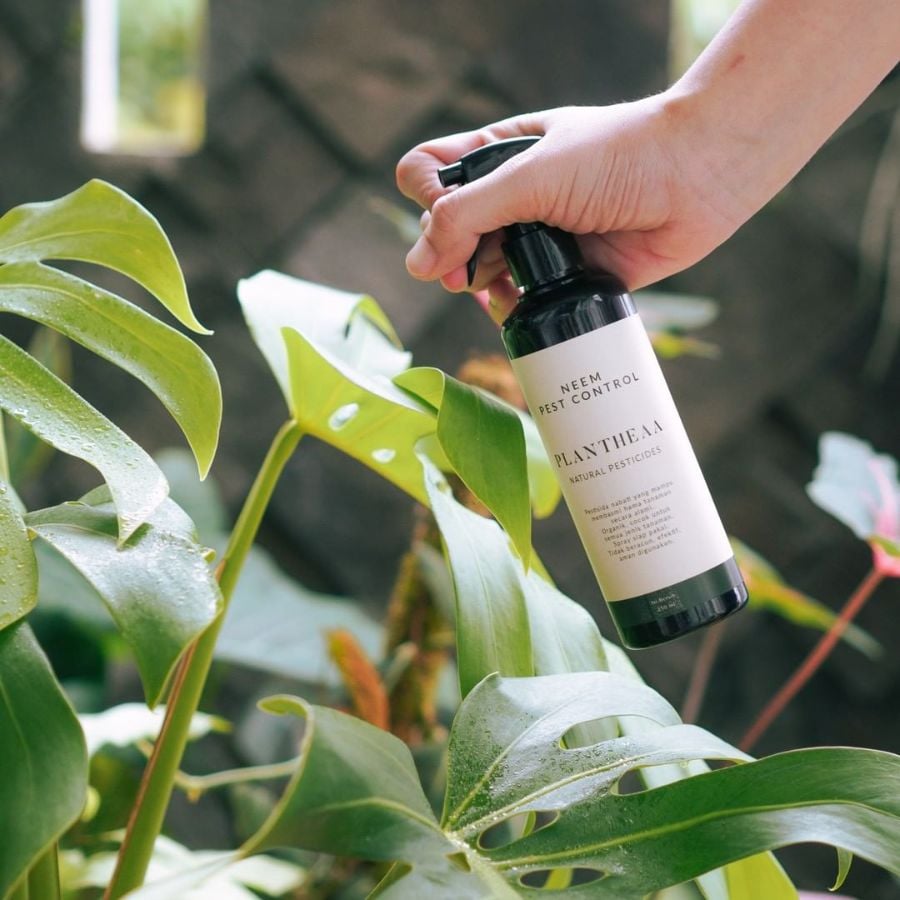
Soap acts as a delivery system, helping active ingredients adhere to pests and foliage like botanical Velcro.
11. Storage and Reuse Wisdom
Store unused solution in a labeled spray bottle away from light and heat. Shake before each use. Soap separates faster than oil and water at dinner parties.
Discard after two weeks at most, as degraded soap loses its pest-fighting effectiveness and becomes a garden decoration.
12. Troubleshooting Plant Stress
If your plants show curling, browning, or spotting after treatment, don’t panic – rinse immediately with clean water. These are sensitivity signals, not death sentences. Lower your soap concentration or switch to gentler castile soap to avoid phytotoxicity drama.
Your garden should thrive, not just survive your good intentions. The revelation here isn’t complicated: soap water transforms struggling gardens into thriving ecosystems without breaking budgets or harming the environment.
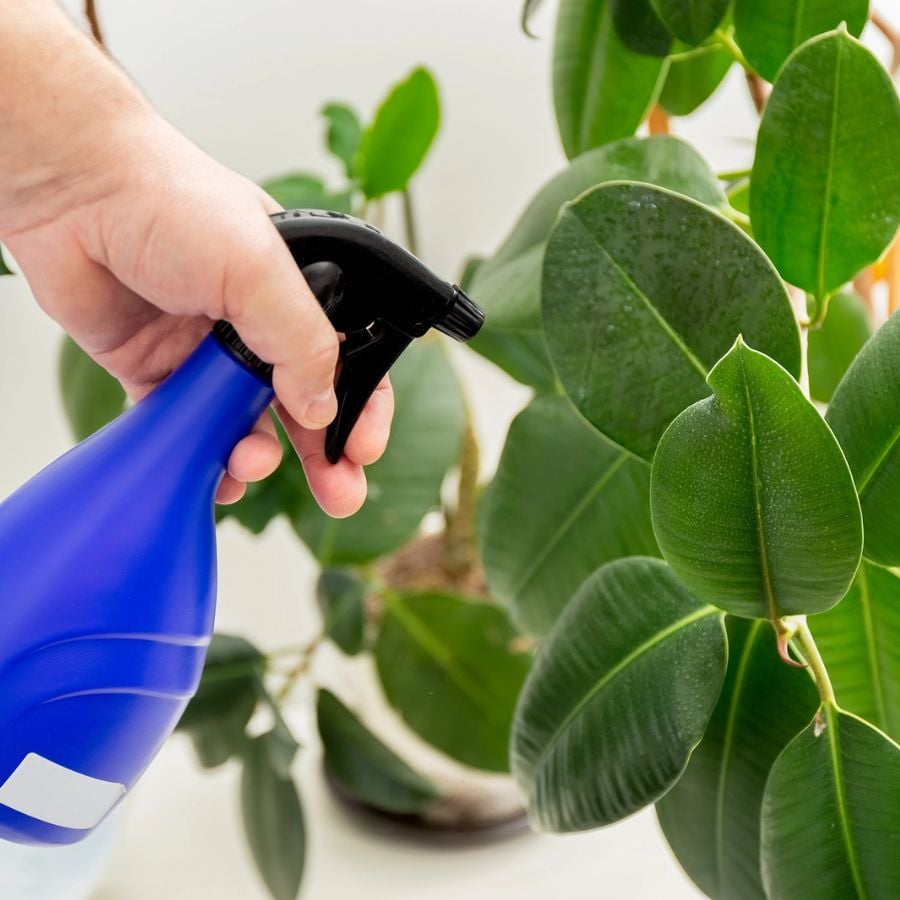
This simple solution has protected plants for generations, yet it has been overshadowed by flashy chemical alternatives that promise miracles but deliver problems.
Start with one small area, master the technique, and watch as your garden becomes the envy of every neighbor who’s still dumping money into expensive, toxic alternatives.